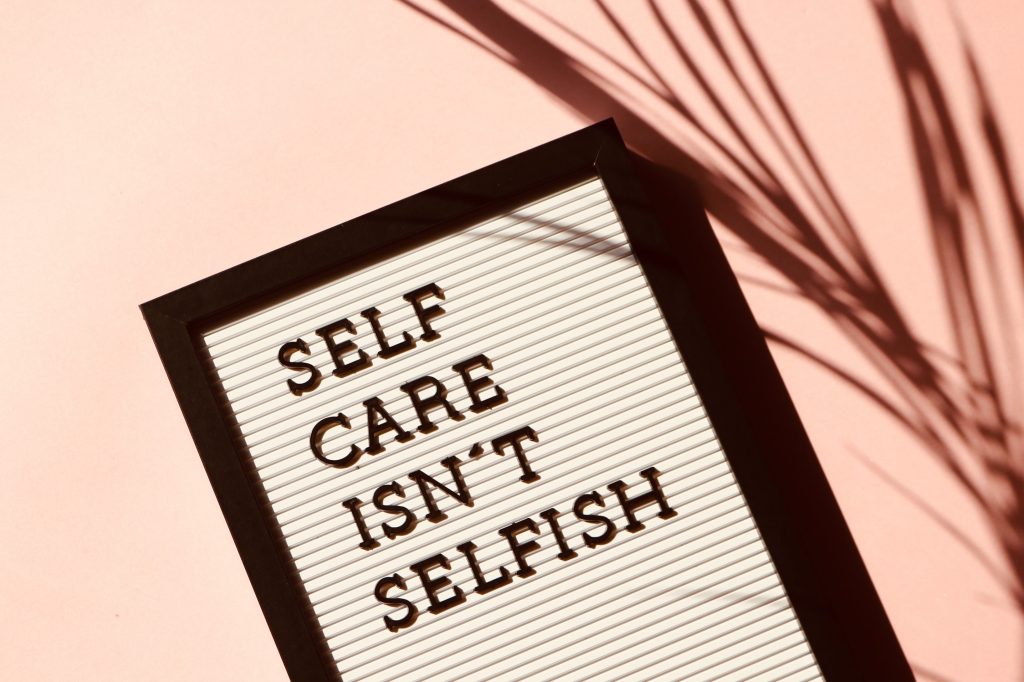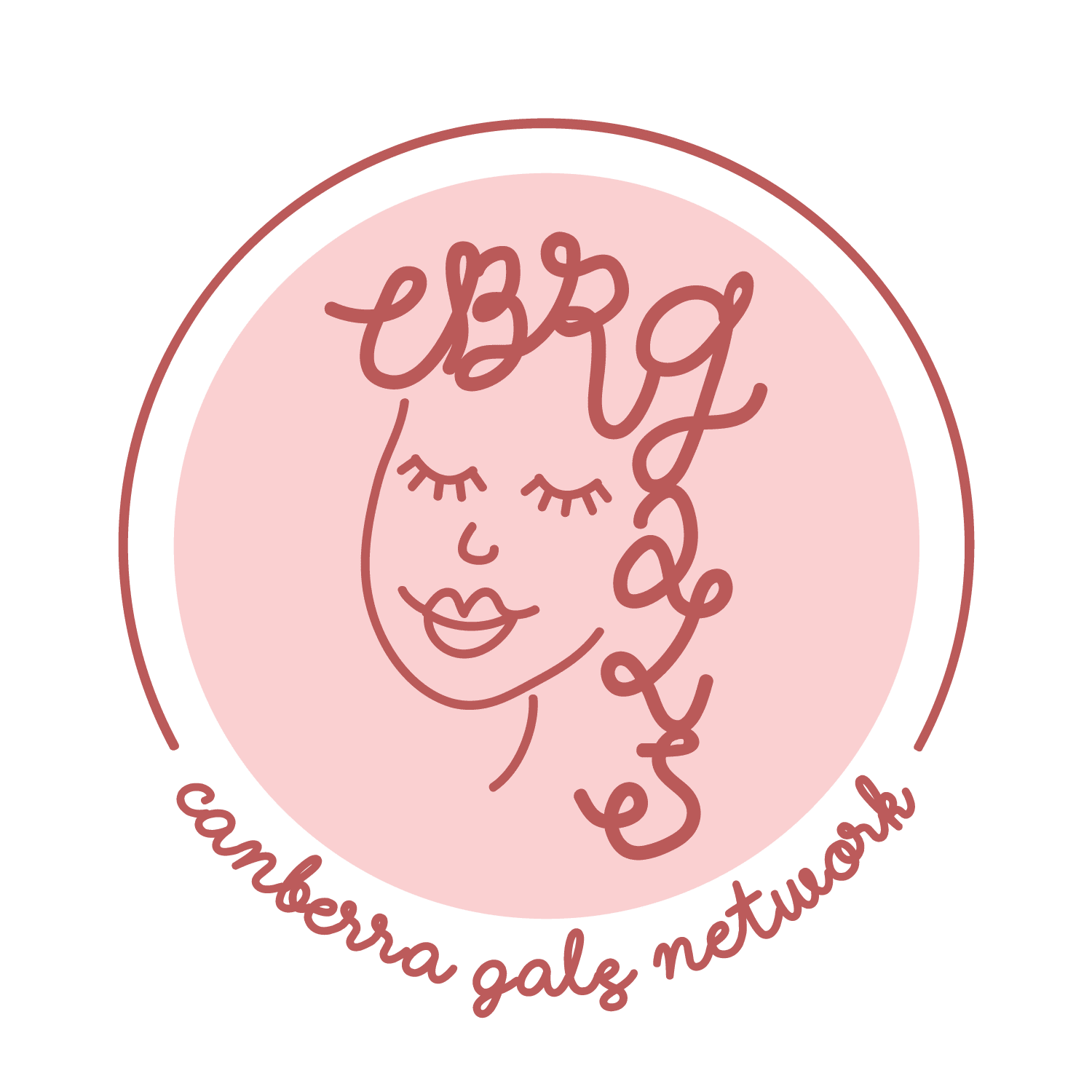Opinion: Shannon Beckwith
The coronavirus pandemic has drastically changed everyone’s lives and 2020 plans almost overnight. I must admit, even I had talked myself into the notion that really, how could a disease from a bat impact my life? It wasn’t until national borders started shutting down and the conversation of working from home started that I actually had to accept that my life for the next 3–6 months was going to be largely dictated by the government. Very 1984 am I right? While the protective measures instituted by the Federal Government have saved lives, the disruption to day-to-day living certainly takes its toll on the head space of the average gal.
I will be the first to admit that I have struggled with my mental health in the past. What I couldn’t admit was the toll that COVID-19 was going to take on my mental health. Although this change to routine wasn’t too hard to wrap my head around, there was something I couldn’t and still can’t quite wrap my head around and I don’t think I am alone here. I could get used to working from home with daily meetings and organising time to FaceTime with my nearest and dearest daily, be it my Mum, Dad, a friend, or with a group of people. What I couldn’t get used to was the complete empty feeling I would get late at night when I was getting ready for bed.
"What I couldn’t get used to was the complete empty feeling I would get late at night when I was getting ready for bed."
It was that feeling of being so incredibly isolated as if you are standing in a room full of people speaking a language you can’t understand. There would be a dark cloud lingering for no reason that just created a state of confusion and sadness. Just because it could. I was so focused on making sure that my friends and family were okay when I would call and Facetime with them, that I forgot to ask myself the same question. The truth of it was, I wasn’t okay and I had not taken the time to realise it.

It got me thinking, we are focusing so much right now on checking in on loved ones during COVID-19 and isolation, but why is mental health the conversation that no one wants to have every day? We should want to normalise this conversation—not just during a global pandemic—but always. There is a lot of talk and push by the Australian Government and NGOs to normalise the discussion of mental health and the serious impacts it has on our society, and I love this idea and try my hardest to normalise these concepts within my own friendship circle in our weekly FaceTime check-ins. After all, mental health is as important as physical health, and if we’re willing to exchange workout ideas, we should be able to discuss our well-being too.
"After all, mental health is as important as physical health, and if we're willing to exchange workout ideas, we should be able to discuss our well-being too."
However, it strikes me that whilst we have seen a lot of posts on social media about checking in on our friends, why did it take a global pandemic for this to become a priority? Why is mental health only a popular topic when things are going bad in the world? Recently, the Age published an article about the concern of how mental health will be the pandemic Australians will deal with after COVID-19. Beyond Blue also has created a section dedicated to aiding mental health during the pandemic. Mental health can deteriorate; it also occurs in the good times, the okay times, and every time in between. Poor mental health can affect anyone at any time, just as a headache or sore knee can.
2020 has not been kind to Australia. Bushfires wreaked havoc for six months, scorching much of our beautiful native areas, which was followed by heatwaves, hail storms, and finally, the devastating spread of COVID-19. This year has already been incredibly tough on the land, businesses, and individuals, so it is totally normal if your mental health has taken a negative turn. It is okay to be mad at the world for cancelled concerts and holiday plans. It is okay to spend three hours lying on the floor looking at the ceiling because you have run out of things to clean in your house (guilty) but you are not ready to deal with anything else. Most importantly, it is okay to feel like that whenever you need to. Mental distress is not something that picks and chooses when it wants to make an appearance in your day. Be gentle with yourself if you are not coping as well as you expect you should be. Take the time you need to focus on what is most important and at-risk, your mental health. If that means daily exercise, or intense banana bread making, then do it! No apologies or excuses necessary, it is the perfect time to spend some quality you-and-you time.
If you’re feeling like that you may need more support, here are some trusted resources that can help:
- Beyond Blue provides information and support to help everyone in Australia achieve their best possible mental health.
- Lifeline provides crisis support and suicide prevention.
- Headspace is an app for everyday mindfulness and meditation for stress, anxiety, sleep, focus, fitness, and more.
- Black dog institution provides diagnosis, treatments and prevention techniques for anxiety, depression, bipolar disorder and other mental illnesses.
- Head to Health works to connect the right digital mental health resources for your needs which is amazing during COVID-19, and if you are feeling like you can’t leave your house.
Some of my favourite apps to keep a clear head:
Calm – this app provides meditation and sleep stories to help calm the mind in stressful times
Smiling Mind – meditation for all ages, that aims to be accessible for people in all career paths
Motivation – Daily Quotes – Starts your day with a positive motivation quote that helps set your head space first thing in the morning
Author: The CBR Gals Network
The CBR Gals Network is a feminist not-for-profit organisation established in 2018.

